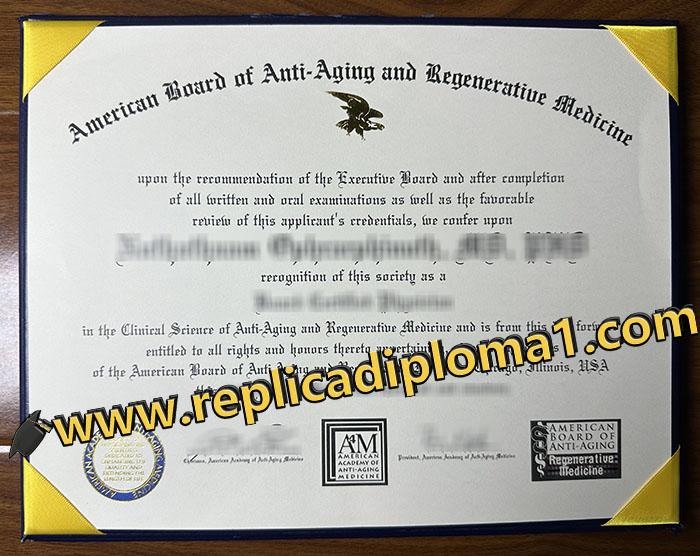What's the cost and time to buy a fake ABAARM certificate in the USA?

What's the cost and time to buy a fake ABAARM certificate in the USA? Where to get a realistic ABAARM certificate safely and legally? The American Academy of Anti-Aging Medicine (A4M) is a 501(c)(3) nonprofit organization dedicated to advancing the field of anti-aging medicine and providing training and certification for physicians in this specialty. As of 2011, there are approximately 26,000 practitioners with A4M certificates. The field of anti-aging medicine has not been recognized by reputable medical organizations such as the American Board of Medical Specialties (ABMS) and the American Medical Association (AMA). The school's activities include lobbying and public relations. Founded in 1993 by osteopaths Robert M. Goldman and Ronald Klatz, A4M has 26,000 members from 120 countries as of 2013.
How many days does to order a fake ABAARM certificate online?
Several of the anti-aging approaches recommended by the college have broad support from experts in the field, such as exercise and a healthy diet, but others, such as hormone therapy, do not have broad consensus support from the medical community. Many scientists who study aging have distanced themselves from the A4M's claims, with critics accusing the organization of using misleading marketing to sell expensive and ineffective products. The founders of A4M and the merchants who promote their products through the organization have been embroiled in legal and professional disputes.
A4M's activities are controversial: In 2003, a review of the scientific community's response to the promotion of anti-aging medicine noted that A4M's activities were seen as a threat to the credibility of serious scientific research on aging. Anti-aging advocates have responded to such criticism by portraying it as censorship colluded by the US government - particularly the Food and Drug Administration, the American Medical Association, and the mainstream media - out of commercial conflicts of interest, MSNBC reported. Tom Pierce of Boston University School of Medicine, a prominent critic of the group, says censorship and repression are common themes in what he calls "anti-aging quackery."

